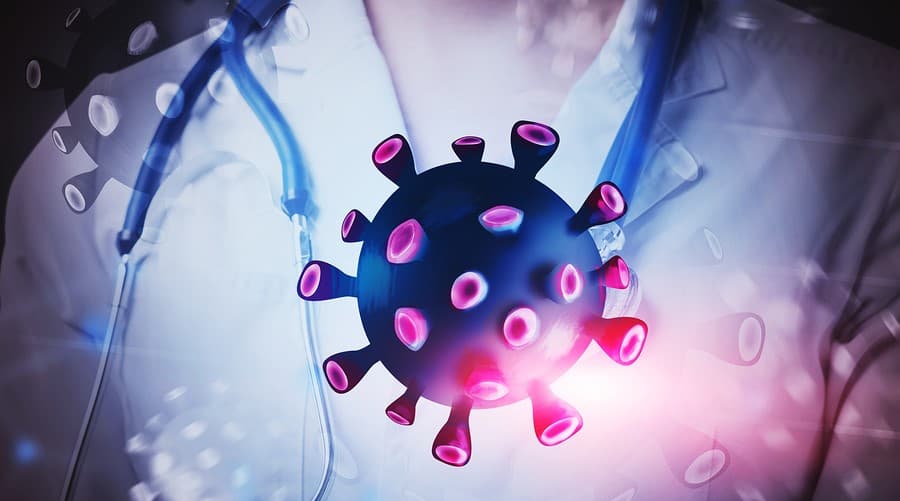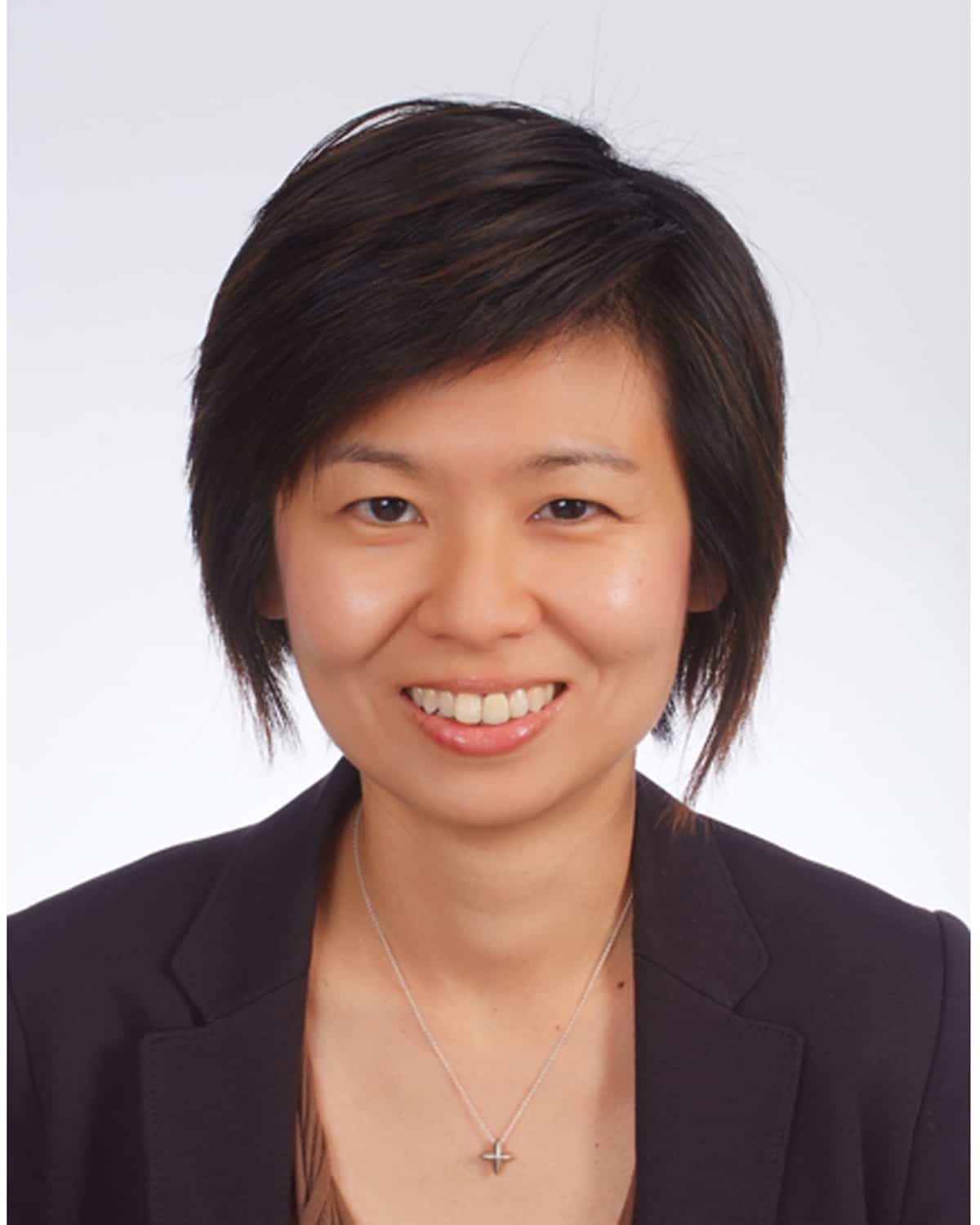
May is Asian American and Pacific Islanders (AAPI) Heritage Month where we celebrate, honor, and recognize their contributions that have enriched America’s history and are instrumental in its future achievements. However, due to the coronavirus pandemic, I have to consider if the rise of racism, xenophobia, and anti-Asian sentiment, could risk the collaboration of scientific research and deter Asian investment in the American life sciences industry.
According to the United States Census Bureau, there are over 22 million Asian Americans that are descendants from over 40 countries in Asia; and over 1.4 million Pacific Islanders with origins from Hawaii, Guam, Samoa, or other Pacific Islands. Of the nearly 24 million Americans, 2 million serve as frontline workers. As you can see, there is tremendous diversity, numerous ethnicities, and a strong sense of service within the AAPI community, and we need the brightest minds from across the world working together to solve the greatest unmet medical needs. However, varying media portrayals regarding the COVID-19 pandemic have hindered public understanding and curiosity of the AAPI community which can lead to a rise of xenophobia.
In fact, fifty scientific organizations have written to congressional leaders supporting resolutions to denounce anti-Asian discrimination as related to COVID-19. “Today, we stand united in a spirit of diversity and inclusion and offer our support for people of Asian ancestry, rejecting efforts to ascribe fault for the pandemic, and instead urge a focus on leveraging global human diversity to solve today’s public health crisis…Sustained and growing research investment is essential for solving today’s public health crisis and will be vital to preventing and managing future ones.” As an industry on the forefront of innovation, we must acknowledge the risks that could come with xenophobia and strive to address any societal challenges that arise. Disease – and pandemics – know no borders, and neither can we.
To gain the perspective of a scientist who has studied/worked in both the U.S. and China, I spoke with Pei Sze Ng Ph.D., Head of Innovation Centre in China for Bayer Healthcare to get her perspective. Here is what she had to say:
What do you think are the short-term effects of Anti-Asian sentiment on biomedical research?

The reported incidents of racism create an atmosphere of fear and insecurity for any person of Asian descent walking down the street. In terms of biomedical research, I would like to think that most scientists are logical and have a good sense of reasoning. With the current pandemic situation, it is all the more important for scientists to unite and collaborate on all fronts (e.g. diagnostics, epidemiology, etc.) to develop therapeutics to combat COVID 19. However, changes in the government’s stance, e.g. issue of travel visas, have definitely impacted scientific exchanges.
What do you think would be the consequences in the long-term?
Research is a long and challenging road and we make discoveries by building on the efforts and work of one another. With the pandemic and political situation, it has limited the exchange of people and information. However, I am optimistic that the scientific community would continue to work together to bring innovations in biomedical sciences to benefit patients.
What can or should the life sciences industry be doing to maintain the culture of collaboration?
With the pandemic situation, we have seen that a lot can be achieved through digital platforms, e.g. virtual conferences. Scientists are publishing results and using social media to communicate their findings. Many have also contributed through donation of reagents and protective equipment. Since this is a global crisis that impacts everyone, it has highlighted the importance of participation in clinical studies (e.g. in China) as companies race to develop vaccines, antibodies etc.
If left unchecked, sinophobia can deter Chinese researchers and others from Asian countries from immigrating to the U.S. and we will risk losing their innovation and investments that helps fuel American dominance in the life sciences. According to Bloomberg, “in 2018, China invested $2.8 billion in U.S. healthcare companies, a big jump from the $702.9 million in 201.7” If AAPI individuals begin to look beyond the United States to live and work, competing countries could take advantage of these investments.
We should be grateful of AAPI descendants, Asians who have migrated to the U.S., and Asians who have partnered with American researchers for their tremendous contributions to medical science. We must work to preserve their collaborations and intellectual capital and financing to maintain the United States’ stature as the leading nation for the life sciences.
About:
Pei Sze is the Head of Innovation Centre, China in Bayer AG. The innovation centre is part of the open innovation and digital technology function in Bayer with presence in Europe, USA and Asia. Her team is responsible for identifying new opportunities in R&D/digital technologies, establishing and managing collaborations with external partners in the China -Asia Pacific region. She started her career with a MIT spinoff while doing her post doctorate training at MIT. Prior to joining Bayer, she led a team in scanning for innovations in life sciences and establishing research programmes and partnerships with pharmaceutical and FMCG companies at the Agency for Science, Technology & Research, Singapore.
Pei Sze was trained as a pharmacist at the National University of Singapore and has a Ph.D. in medicinal chemistry from Purdue University, U.S.A.